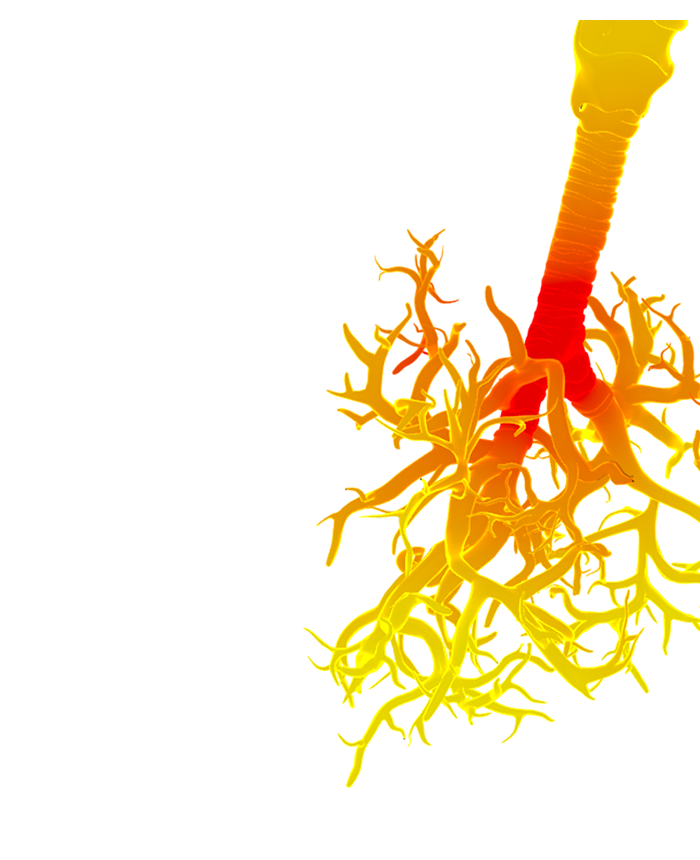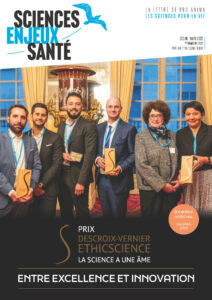
Development of an inhalation test to evaluate the in vitro toxicity of electronics cigarettes
Dr. Ludovic Wiszniewski, Epithelix SàRL, Genève, Suisse.
Despite a strong need both from authorities and consumers, to date there is no efficient assays to evaluate the short and long term toxicity of the electronic cigarette (e‑cigarette).
e‑cigarette is a device that allows the users to assimilate nicotine without any combustion reaction and therefore without causing discomfort to the entourage (no odour). Moreover, each user has the possibility to adjust its nicotine consumption and so to manage its addiction without using substitution methods like nicotine patches, chewing-gum, etc…).
Although the use of the e‑cigarette is not yet recognized as an official alternative method to smoking, the number of users is in constant increase, suggesting that e‑cigarette could effectively replace traditional cigarettes. While the health agency of several countries are now wondering about how to manage and legislate this new device, electronic cigarette users are
concerned about possible health risks.
Unlike conventional cigarettes which produce thousands of toxic compounds during the combustion, “e‑liquid” contained in the tank of the e‑cigarette is made with a limited number of ingredients, mainly propylene glycol, vegetable glycerin, food flavorings and nicotine. Although the general toxicity of these compounds is well known because they are routinely used in cosmetic and food industry, their specific toxicity associated with inhalation is poorly studied. The fact is that today there is no obligation to assess the potential toxicity of volatile products (deodorant, fragrance, etc…), and when testing is done, it usually involves laboratory animals whose respiratory system is far different from the human one.
Epithelix is a biotech company incorporated in 2006 and specialised in in vitro cellular models aiming at replacing animal experimentation. The company commercializes an in vitro model of engineered lung tissues used to assess the short and long term effects of inhaled products. In this project, we propose to evaluate for the first time the putative chronic toxicity of e‑cigarette constituents without animal experimentation. Instead, we will use human cells that reproduce in vitro and for several months the characteristics of the human respiratory tissue. This unique property will allow chronic exposure to e‑liquid in order to closely mimic smoker’s behaviour. All together, that project should result in the replacement of animals
for e‑cigarette testing, and ultimately reduce the numbers of animals used for inhalation toxicology.
Contact
Dr. Ludovic Wiszniewski is CEO of Epithelix SàRL, a Swiss biotech dedicated to tissue engineering and to the development of in vitro inhalation testing. Address all correspondence to : ludovic.wiszniewski@epithelix.com


